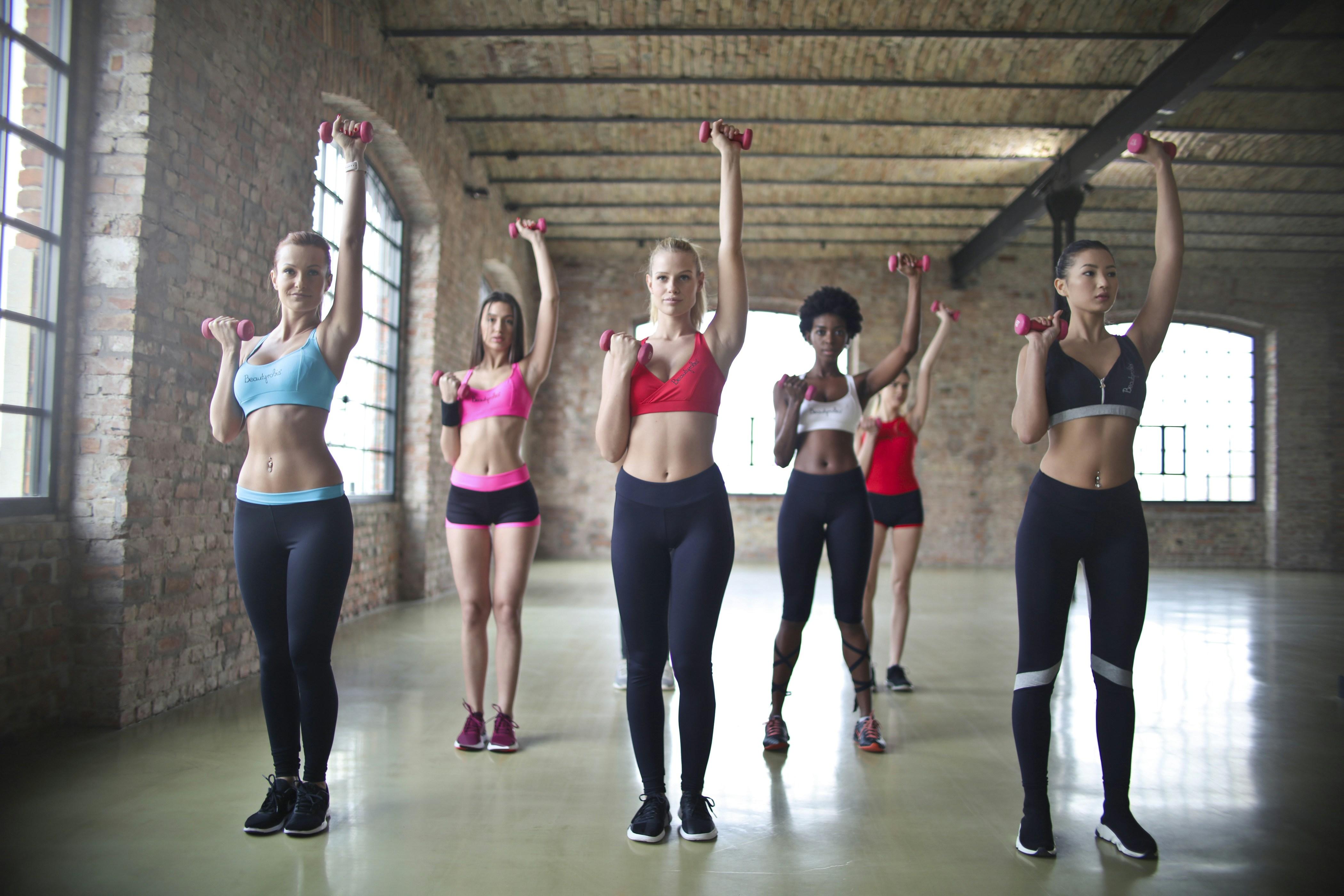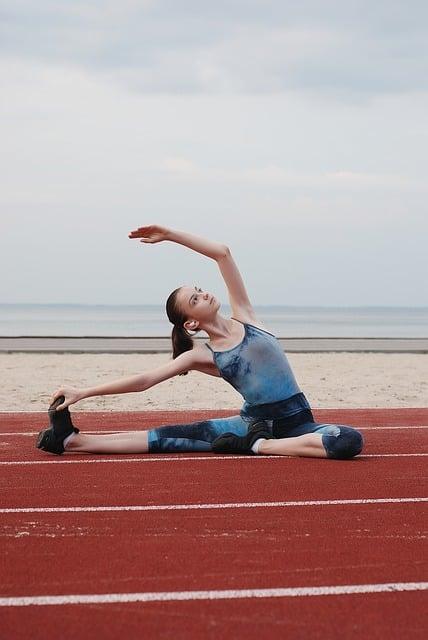In the digital age, where scrolling through social media has become a daily ritual, fitness influencers hold a unique sway over their followers. With their sculpted physiques and motivational mantras, they often serve as beacons of inspiration for millions. Yet, amidst the sea of workout tips and nutritional advice, a contentious debate brews: should these fitness gurus refrain from showcasing personal transformations? On one hand, before-and-after photos can ignite motivation and offer a tangible testament to the power of perseverance. On the other, they risk fostering unrealistic expectations and a singular view of health and success. This article delves into the complexities of this issue, exploring the potential impacts of personal transformation promotions on both influencers and their audiences, and questioning whether these visual narratives serve as a source of empowerment or a catalyst for pressure.
The Power of Influence Examining the Impact on Followers
Fitness influencers wield significant power in shaping the perceptions and behaviors of their followers. This influence is often magnified when they share personal transformation stories. Such narratives can be incredibly motivating, showcasing the potential for change and the results of hard work. However, the impact of these stories is a double-edged sword. While they can inspire, they also have the potential to set unrealistic expectations. Followers might feel pressured to achieve similar results without considering the unique personal, genetic, and lifestyle factors that contribute to individual outcomes.
Key considerations for fitness influencers include:
- Authenticity: Ensuring that transformations shared are genuine and not enhanced by digital manipulation or misleading angles.
- Transparency: Discussing the full journey, including challenges and setbacks, to provide a realistic picture of the transformation process.
- Inclusivity: Promoting diverse body types and fitness goals to resonate with a broader audience.
- Responsibility: Being aware of the mental health implications and promoting a healthy relationship with fitness and body image.
Navigating Ethical Waters Balancing Inspiration with Responsibility
In the dynamic world of fitness influencing, personal transformations often serve as powerful narratives, offering a tangible testament to the effectiveness of certain routines or diets. However, these stories come with a set of ethical considerations that influencers must navigate. While showcasing personal success can inspire followers, it also raises the question of responsibility. Should influencers be cautious about the potential pressures these transformations impose on their audience?
Consider these factors when pondering the ethical dimensions of promoting personal transformations:
- Authenticity vs. Idealization: Are the transformations depicted realistic, or do they perpetuate unattainable ideals?
- Transparency: Is there clarity about the methods and timeframes involved, or do they oversimplify complex processes?
- Inclusivity: Do the narratives consider diverse body types and fitness levels, or do they cater to a narrow audience?
Balancing inspiration with responsibility is crucial. Influencers have the power to motivate, but with that power comes the duty to foster a healthy, inclusive, and realistic view of fitness.

Crafting Authentic Narratives Moving Beyond Before-and-After Photos
In the realm of fitness influencers, authentic storytelling is emerging as a powerful tool that transcends the simplistic depiction of transformation through before-and-after photos. These photos often reduce a complex journey into a mere visual contrast, neglecting the multifaceted experiences that accompany personal growth. By focusing on authentic narratives, influencers can offer a more comprehensive portrayal of the fitness journey, one that includes the emotional, mental, and social dimensions often overshadowed by physical changes.
To move beyond these static images, consider incorporating elements such as:
- Personal anecdotes that highlight struggles and triumphs beyond physical appearance.
- Interactive storytelling, like engaging Q&A sessions, to foster a deeper connection with the audience.
- Educational content that empowers followers with knowledge and motivation.
By weaving these components into their content, influencers can craft narratives that resonate on a deeper level, fostering a community that values holistic well-being over superficial benchmarks.

Empowering Through Education Fostering Healthy Lifestyle Choices
In an era where social media holds significant sway over lifestyle choices, the role of fitness influencers in shaping public perceptions of health cannot be overstated. Yet, with this influence comes a responsibility to foster an environment of genuine empowerment rather than unattainable ideals. Promoting personal transformations can be a double-edged sword; while they may inspire some, they can also inadvertently set unrealistic standards for others. Instead, influencers could focus on nurturing a holistic view of health that prioritizes sustainable habits and mental well-being.
- Encourage Balanced Nutrition: Share recipes and meal plans that are both nutritious and enjoyable.
- Promote Mental Health: Highlight the importance of mental wellness in conjunction with physical fitness.
- Focus on Consistency Over Perfection: Encourage followers to embrace progress and persistence rather than seeking instant results.
- Celebrate Diverse Body Types: Showcase a variety of body shapes and sizes to promote inclusivity.
By shifting the narrative from dramatic transformations to everyday wellness practices, fitness influencers can empower their audience to make informed, healthy lifestyle choices that are tailored to their individual needs and circumstances.
